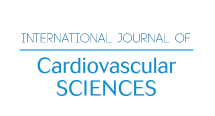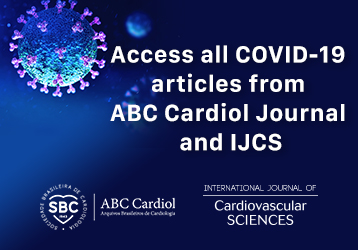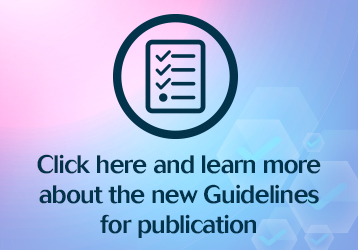Volume 32, Nº 5, September and October 2019
DOI: http://www.dx.doi.org/10.5935/2359-4802.20190023
ORIGINAL ARTICLE
Talk the talk and walk the walk! Association between Weekly Exercise Load and Knowledge about Recommendations for Fighting Innactivity
Diogo Thadeu Meira
Leonardo Giglio Gonçalves
Luiz Henrique Araújo
Matheus Gasparini
Bernardo Souza Cunha
Amanda Monteiro
Michele Heringer
Christiane Prado
Andre Volschan
Fabrício Braga da Silva

Abstract
Background: The World Health Organization (WHO) recommends as a weekly "target dose" of exercise 150 minutes of moderate exercise or 75 minutes of intense exercise. Public health policies have prioritized the practice of exercise as a strategy for disease prevention and health promotion, with health professionals as their main promoters.
Objective: To assess the interaction between the amount of exercise per week and the knowledge about recommendations for fighting a sedentary lifestyle among health care professionals attending a congress of cardiology.
Methods: Participants of the 2017 Rio de Janeiro Society of Cardiology Congress were interviewed. Knowledge about the World Health Organization (WHO) recommendations for fighting a sedentary lifestyle was assessed by asking participants the question: "How much weekly exercise is recommended by the WHO?" Responders were stratified by the weekly exercise load reported. A multivariate logistic model was created to determine independente predictors of knowledge.
Results: A total of 426 participants were interviewed (45.5% men, median age 31 years, 37.8% physicians, 65.8% of the physicians were cardiologists). The overall knowledge level was 44.6%; 38.1%, 52.7% and 56.6% among nonphysicians, non-cardiologists and cardiologists, respectively (p = 0.002). Of all participants, 21.8% were inactive, 15% were lightly active, 34.7% moderately active and 28.4% highly active, and the percentage of individuals who gave a correct answer to the question on exercise recommendations was 30.1%, 42%, 48% and 52.9% respectively (p < 0.0001). In the multivariate analysis, being highly active (OR = 2.25, IC95%, 1.238 - 4.089), moderately active (OR = 1.93, IC 95% 1.105 - 3.39) and being a cardiologist (OR = 2.01, IC 95% 1.243 - 3,267) were predictors of knowledge.
Conclusions: There was a linear association between exercise level and knowledge about the WHO recommendations on exercise. Policies to stimulate the practice of exercise among health professionals can positively impact campaigns for reducing sedentary lifestyle in the general population. (Int J Cardiovasc Sci. 2019;32(5):473-480)
Keywords: Cardiovascular Diseases/prevention and control; Exercise; Sports; Sports Medicine/trends; Health Promotion, Preventive Medicine; Physical Fitness.











